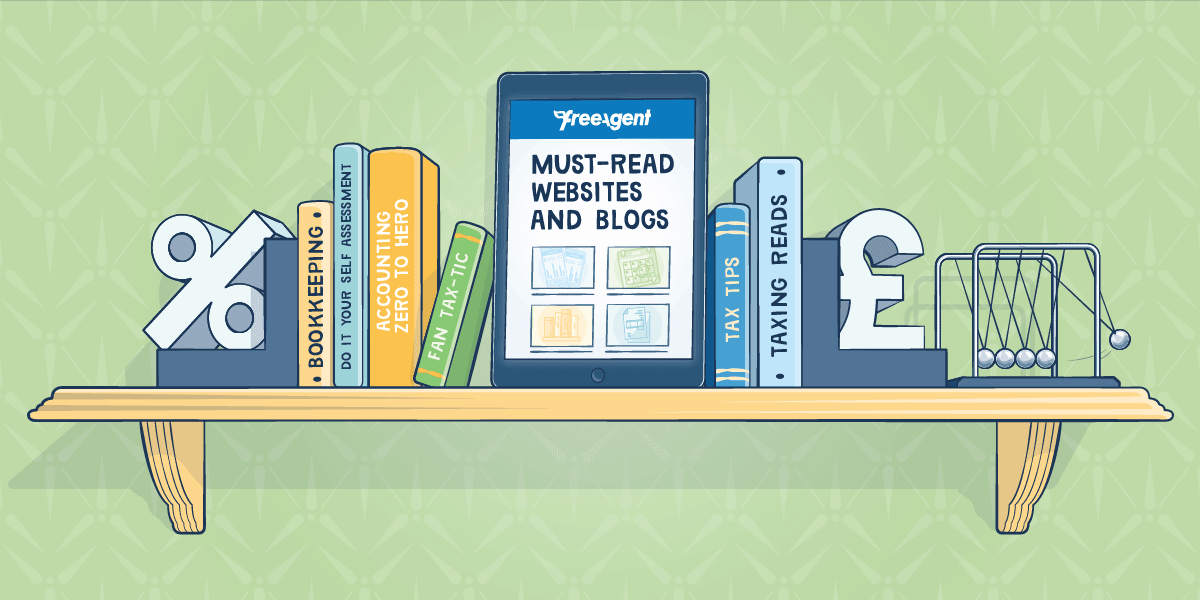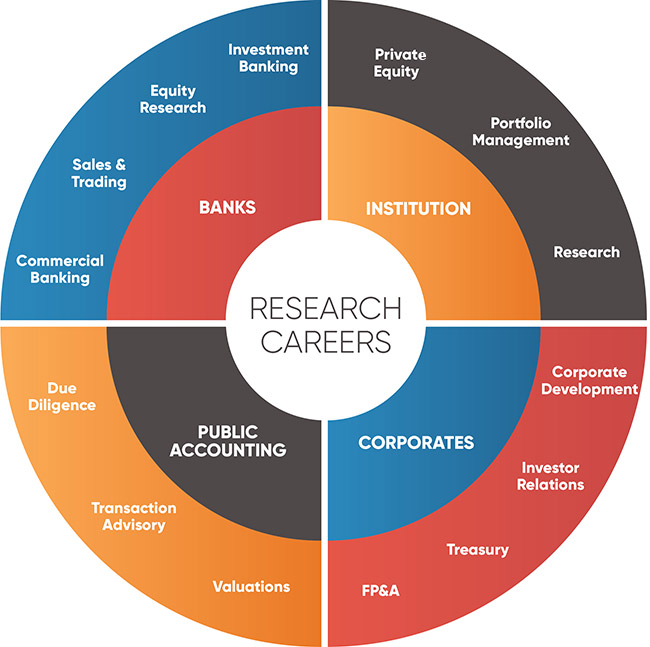
There are many reasons you might need the services of an accounting professional. An accountant can be a great asset to your small business. Here are just a few of them. These professionals are crucial in today's financial landscape. Lenders will need to see proof that you have the ability to repay the loan money. Professional accountants can help you with your loan application. They can help you manage your finances, comply with tax laws and prepare compliance documents for your company.
Employing an accountant is a good idea for small business owners
Although 60% of small business owners don't know much about accounting, it's still a good idea to hire an accountant. A professional accountant can help you get the best services and save you money. An accountant can help determine your tax liabilities and file your tax returns well in advance of the due date. This broad perspective is critical for continued business growth. The accountant will also ensure that your books are in order.

An accountant has the expertise to handle payroll tasks and pensions. They will ensure your employees receive the correct wages and make the proper deductions from their paychecks. You should not take on the payroll task yourself. You may end up owing your employees too much tax, or they might wait too long to get paid. You can also help your employees by hiring an accountant to manage payroll.
Investing as an accountant
A good investment in an accountant is important if your business is small. A basic knowledge of accounting is not enough. Complex books can lead to serious mistakes. A professional can help you with everything, from tax issues to payroll issues. Highwoods & Associates offers top-notch advice in the area of accounting services. They can assist with tax preparation as well as business start-ups.
Your accountant can help you manage your cash flow. This includes all financial investments as well as activities in your company. For your company to survive, it needs adequate cash flow. You can quickly run into financial problems if you don’t have enough. An accountant will help manage cash flow and your credit. This will help you make informed business decision and reduce the risk of your company going under. A good accountant will also help you keep track of your expenses, so you can make better business decisions.
Benefits of hiring an accountant
A good accountant can help you manage your company's finances. Many business decisions have to do with finances. They are also able to make accurate projections and help you identify the best course of action. An accountant can give you insight into the industry trends. As your business grows, your accountant can help you develop a business plan and develop strategies to maximize profit.

You might be tempted by the idea of doing your own accounting. Although doing your tax returns and books yourself can save money, an accountant will be able to provide the expertise you need to maximize your profit. Your accountant will be able to answer any questions that you might have regarding your business. They can also help you find tax concessions for your business that could improve your bottom line. Your accountant can also act as a sounding board for your business ideas and financial decisions. This will allow you to spend your time on other aspects of the business.
FAQ
What is the purpose of accounting?
Accounting is a way to see a financial picture by recording, analyzing and reporting transactions between people. Accounting allows organizations to make informed decisions about how much money they have available to invest, how much they can expect to earn from operations and whether additional capital is needed.
Accountants track transactions in order provide financial activity information.
The company can then plan its future business strategy, and budget using the data it collects.
It is important that the data you provide be accurate and reliable.
How does an accountant work?
Accountants work together with clients to maximize their money.
They collaborate closely with professionals like lawyers, bankers and auditors.
They also assist internal departments such as human resources, marketing, sales, and customer service.
Accountants are responsible to ensure that the books balance.
They calculate the amount of tax that must be paid and collect it.
They also prepare financial statements which show how well the company is performing financially.
What is bookkeeping?
Bookkeeping is the art of keeping records of financial transactions for individuals, businesses, and organizations. This includes all income and expenses related to business.
All financial information is kept track by bookkeepers. These include receipts. Invoices. Bills. Payments. Deposits. Interest earned on investments. They also prepare tax returns as well other reports.
What happens if my bank statement isn't reconciled?
You might not realize the error until the end, if you haven't reconciled your bank statement.
You will have to repeat the whole process.
How long does an accountant take?
Passing the CPA exam is required to become an accountant. Most people who desire to become accountants study approximately four years before they sit down for the exam.
After passing the test, one has to work for at least 3 years as an associate before becoming a certified public accountant (CPA).
How can I find out if my business needs an accountant
Companies often hire accountants once they reach certain sizes. For example, a company needs one when it has $10 million in annual sales or more.
However, not all companies need accountants. These include sole proprietorships, partnerships and corporations.
A company's size doesn't matter. Only what matters is whether or not the company uses accounting software.
If it does, then the company needs an accountant. A different scenario is not possible.
What is the difference between a CPA (Chartered Accountant) and a CPA (Chartered Accountant)?
Chartered accountants are certified accountants who have successfully completed the exams necessary to become chartered. Chartered accountants are typically more experienced than CPAs.
A chartered accountant also holds himself out as being able to give advice regarding tax matters.
To complete a chartered accountant course, it takes about 6 years.
Statistics
- a little over 40% of accountants have earned a bachelor's degree. (yourfreecareertest.com)
- The U.S. Bureau of Labor Statistics (BLS) projects an additional 96,000 positions for accountants and auditors between 2020 and 2030, representing job growth of 7%. (onlinemasters.ohio.edu)
- "Durham Technical Community College reported that the most difficult part of their job was not maintaining financial records, which accounted for 50 percent of their time. (kpmgspark.com)
- In fact, a TD Bank survey polled over 500 U.S. small business owners discovered that bookkeeping is their most hated, with the next most hated task falling a whopping 24% behind. (kpmgspark.com)
- According to the BLS, accounting and auditing professionals reported a 2020 median annual salary of $73,560, which is nearly double that of the national average earnings for all workers.1 (rasmussen.edu)
External Links
How To
How to do Accounting for Small Business
Accounting is an essential part of managing any business. Accounting includes the preparation of financial reports and income statements, as well tracking expenses and income. Quickbooks Online and other software programs are required. There are many different ways you can do your small business accounting. You have to decide which method is best for you based on your specific needs. Below are the top choices.
-
Use the paper accounting method. You may prefer paper accounting if you are looking for simplicity. This method is simple. You just need to keep track of your transactions each day. However, if you want to make sure that your records are complete and accurate, then you might want to invest in an accounting program like QuickBooks Online.
-
Use online accounting. Online accounting gives you the ability to easily access your accounts whenever and wherever you are. Wave Systems and Freshbooks are three of the most widely used options. These software can be used to manage your finances, pay bills and send invoices. You can also generate reports. These software are simple to use and offer many great benefits and features. These programs can help you save time and money on accounting.
-
Use cloud accounting. Another option you have is cloud accounting. You can store your data securely on a remote server. Cloud accounting has many advantages when compared to traditional accounting software. Cloud accounting doesn't require expensive hardware and software. It offers greater security as all of your data is stored remotely. It saves you the hassle of backing up your data. Fourth, you can share your files with others.
-
Use bookkeeping software. Bookkeeping software is similar in function to cloud accounting. You will need to purchase a computer and then install the software. After you install the software, you'll be able connect to the internet and access your accounts whenever you wish. You will also have the ability to access your accounts and balances directly from your PC.
-
Use spreadsheets. Spreadsheets are useful for entering financial transactions manually. To illustrate, you could create a spreadsheet in which you can record your sales figures daily. Another benefit of using a spreadsheet is the ability to make changes at will without needing an entire update.
-
Use a cash book. A cashbook is a ledger where you write down every transaction that you perform. Cashbooks come with different sizes and shapes, depending on how many pages you have. You can choose to use separate notebooks for each months or one notebook that spans multiple years.
-
Use a check register. A check register can be used to organize receipts, payments, and other information. To transfer items to your check list, all you have to do is scan them in your scanner. Once there, you can add notes to help you remember what was purchased later.
-
Use a journal. A journal is a type of logbook that keeps track of your expenses. This is best for those who have recurring expenses like rent, insurance, and utilities.
-
Use a diary. Keep a journal. It is useful for keeping track of your spending habits, and planning your budget.